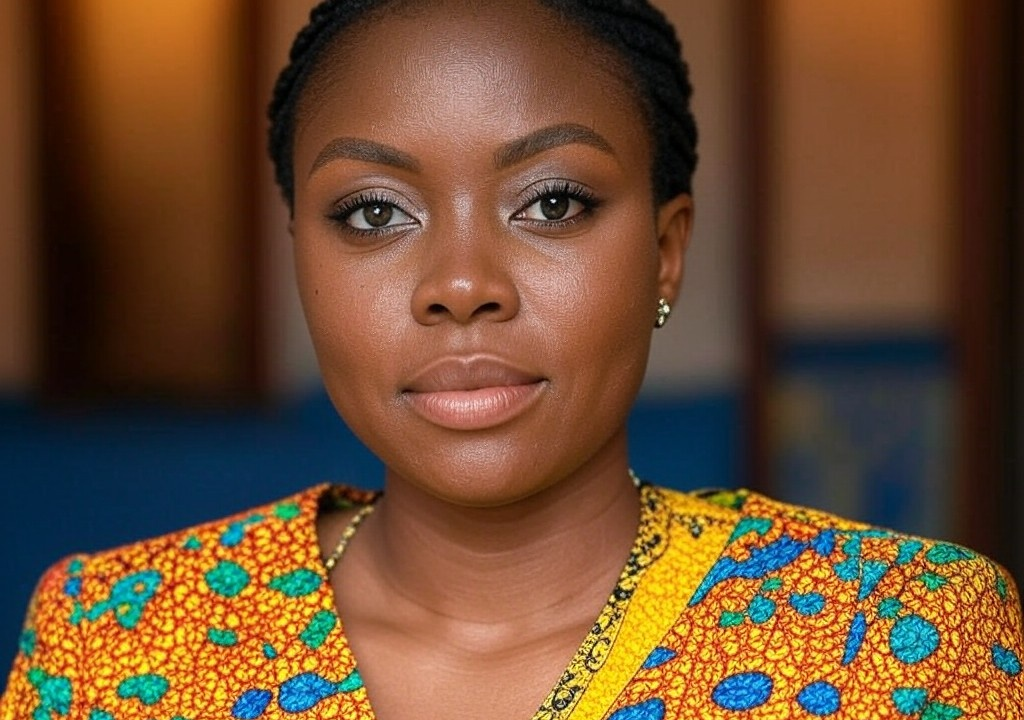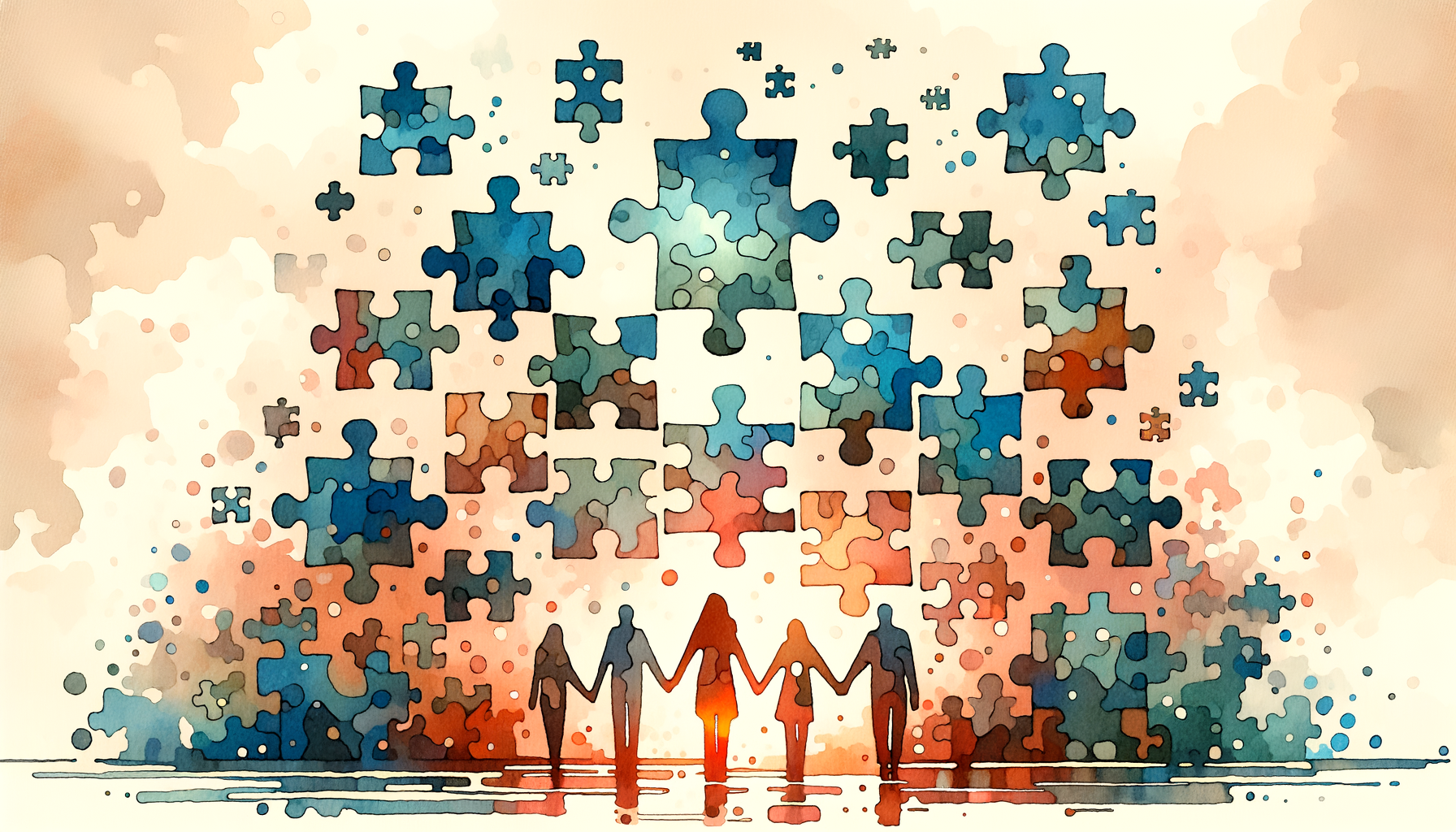Finding “your people” can feel like searching for the perfect pair of jeans. Some communities pinch too tightly; others sag in all the wrong places. And then, one day, when you’re least expecting it, you slip into a group that fits like it was made just for you. My journey to finding that fit wasn’t linear—it came with awkward seams and a few metaphorical wardrobe malfunctions. Still, it taught me one thing: belonging isn’t just about who makes room for you. It’s about where you choose to stay.
The Danger of “Default” Communities
Growing up in Abuja, I had what many would call built-in community. Between my ten cousins, endless church events, and a neighborhood where everyone knew where you were going before you did, there wasn’t much room to feel lonely. Still, conformity came as part of the package. Everyone had expectations: who I should be, how I should act, what my life should ultimately look like.
When I left for university in Lagos, I gravitated toward people who, like me, were hyper-focused on what others would think. We dressed to impress—not just friends but potential in-laws still years away from meeting us. Our conversations centered on “keeping up appearances” and doing what was expected. This default squad wasn’t bad; it was simply built on a shaky foundation: obligation, not authenticity.
The truth is, sometimes we stick with groups because they’re convenient, not because they fulfill us. It’s easy to mistake proximity for connection. But—and here’s the kicker—when you surround yourself with people based on what’s expected, you become a version of yourself crafted for others, not a version that feels real to you.
The Expiration Date on Some Friendships
As I entered my mid-20s and moved to the U.K. for graduate school, my “Instagram friends” started to fade into the digital background. Calls grew shorter, inside jokes became relics, and I realized with a pang of guilt that I wasn’t fighting to preserve these friendships. They had expired like milk left at the back of the fridge—not maliciously, but naturally.
But here’s the thing: letting go of certain relationships isn’t failure. It’s growth. People aren’t always meant to walk the entire journey with you, and making peace with that is liberating. When I released old friendships that no longer aligned with who I was becoming, I created space for new, authentic bonds to flourish.
The Awkward Phase of Rebuilding
Finding your people is a bit like dating. You start with trial and error, often with hilarious results. (Think of that blind friendship date with the person who insisted pineapple pizza was the key to world peace.) When I moved to London, I knew almost no one. Building a social circle felt like being the new kid at school, except now with the added pressure of adulting and occasional homesickness.
I tried networking events—because isn’t that what LinkedIn-era adults do? But I quickly figured out that “professional chemistry” doesn’t mean “soul connection.” There’s only so much bonding you can do over canapés and industry buzzwords.
Instead, I joined what I called “vibe-based communities.” At Afrobeat dance classes, I met people who moved with the same joy I felt watching Burna Boy perform. Book clubs led me to other Chimamanda stans who could debate for hours over whether Ifemelu and Obinze should’ve reunited. Slowly but surely, these pockets became my way to piece together a patchwork of belonging.
Lessons Learned from My Tribe Hunt
If you’re in that awkward, in-between phase of searching for your people, I feel you. It’s messy, often humbling, but oh so rewarding. Here’s what I’ve picked up along the way:
-
Be Vulnerable, but Not Reckless.
Vulnerability is the magic glue of connection. It’s not about oversharing or trying to fast-track intimacy (no one needs to hear your childhood trauma on Day 1), but about showing up as your authentic self—even if that self stumbles over their words. Sharing pieces of your truth gives others permission to do the same. -
Quality Beats Quantity (Every Time).
Look, you don’t need 20 friends to feel supported. Sometimes two ride-or-die crew members are better than a whole WhatsApp group of flaky acquaintances. Seek depth, not numbers. -
Shared Interests Spark Magic.
Community doesn’t always come from where you grew up or who you work with. Sometimes, it’s about shared passions. I bonded with one of my closest friends in London over our mutual love of Ghanaian jollof rice (a topic we debated with absurd intensity). Common ground often leads to deep roots. -
Give It Time.
Building community isn’t Hollywood-level montage fast. One coffee date won’t instantly create a friendship. Sometimes, those “aha, these are my people” moments emerge gradually, after you’ve invested in tiny moments of connection. -
Say No When You Mean It.
You don’t have to belong everywhere. If a group feels judgmental, draining, or just not quite right, it’s okay to bow out gracefully. The right community won’t feel like work; it’ll feel like home.
Finding Home, Over and Over Again
The idea of “finding your people” isn’t a one-time milestone. It’s an evolving process. Communities grow, shift, and sometimes dissolve, and that’s okay. When I worked in Ghana and Senegal, I formed temporary tribes with women who shared my passion for development. Though we’re no longer navigating the same paths, we still cheer each other on from afar.
And when I returned to Nigeria after several years abroad, I discovered a new sense of kinship with old friends who had undergone their own transformations. Sometimes, the people we rediscover can bring as much joy as the ones we find for the first time.
If you’re still searching for your tribe, here’s my message to you: keep going. Your people are out there, and chances are, they’re also searching for someone just like you. Connection isn’t about fitting neatly into someone else’s expectations; it’s about finding spaces where the truest, messiest version of yourself is not just accepted but celebrated.
Because when you do find your people, it feels less like squeezing into someone else’s jeans and more like sliding into your favorite, perfectly worn-in pair. Comfortable. Effortless. Home.




















